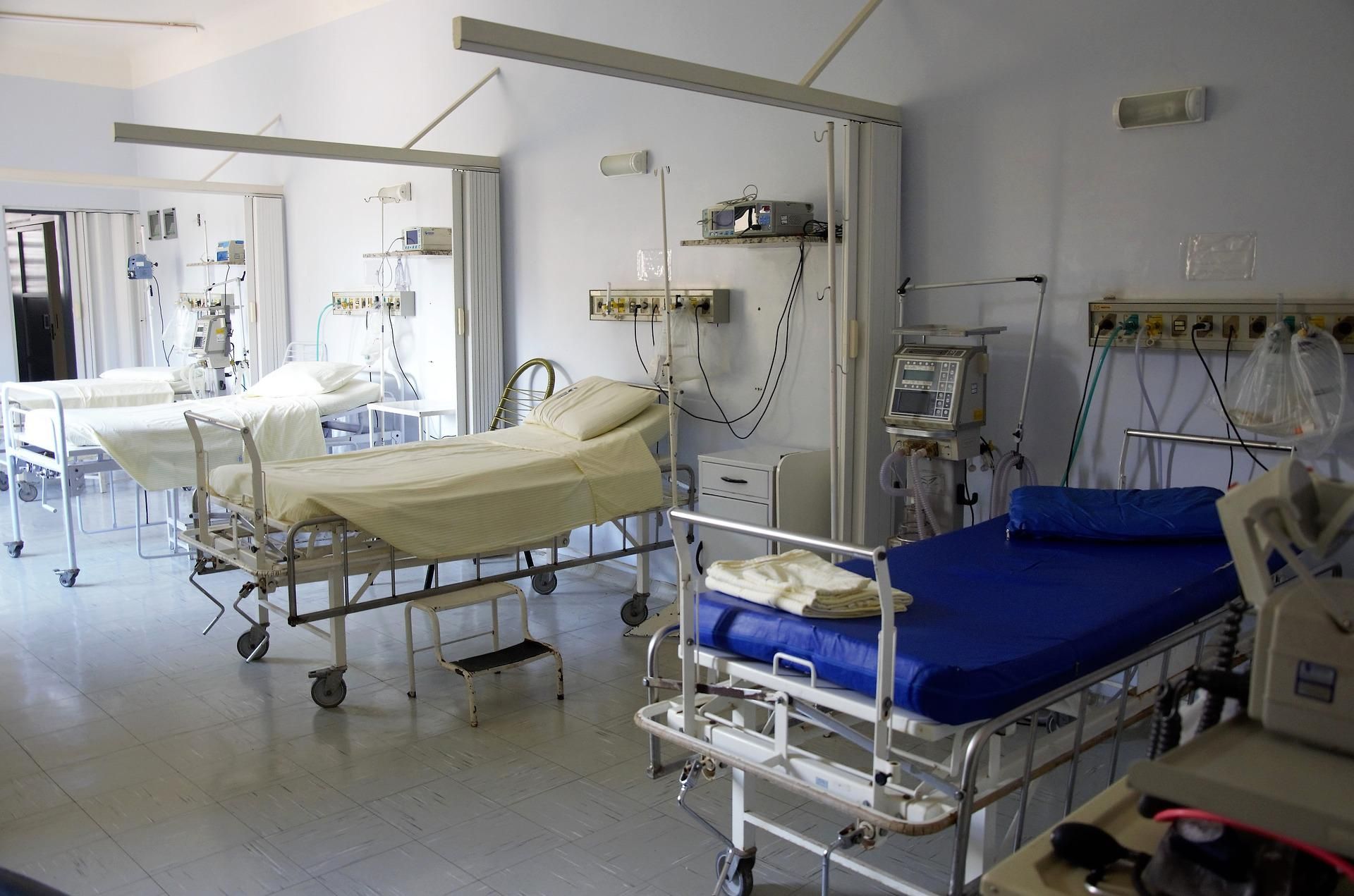KEY POINTS
- The hospital started seeing an increase in Klebsiella pneumonia cases last October
- Health authorities are investigating the source of the infection
- Klebsiella is said to be the “most common cause of hospital-acquired pneumonia”
A bacterial outbreak at a hospital in Seattle has so far affected 31 people, resulting in the death of four patients.
The Virginia Mason Medical Center (VMMC) started seeing an increase in cases of Klebsiella pneumonia at its downtown campus in October last year, the interim president of the hospital, Sydney Bersante, said in a statement.
There have been 31 confirmed Klebsiella infections related to the specific strain. The latest case was identified on April 4. Four patients have died so far, reported Seattle Times, citing Seattle-King County public health department. It’s unclear whether the bacteria infection had something to do with their deaths.
Klebsiella bacteria can normally be found in people’s intestines and do not cause disease, according to the U.S. Centers for Disease Control and Prevention (CDC). However, in healthcare settings like hospitals, a Klebsiella infection can occur in patients who receive treatment for other conditions. Those who use devices like ventilators and catheters are most at risk.
Klebsiella is said to be the “most common cause of hospital-acquired pneumonia” in the U.S. It also accounts for 11.8% of the world’s hospital-acquired pneumonia cases.
In the case of the infections at VMMC, the infected patients were hospitalized at different departments like the ICU, operating room and inpatient medical beds, reported USA Today.
While the exact source of the transmission is still under investigation, there is also the possibility that it may “never” be identified even with a thorough investigation, said Dr. Eric Chow, the chief of communicable disease epidemiology and immunization at Seattle and King County public health department. Such outbreaks are quite “complex,” the doctor noted.
“Due to the medical complexity of these cases, there may be multiple possible causes of death for those individuals who died after the Klebsiella infection was diagnosed,” explained Sharon Bogan, the department’s Public Health spokesperson.
VMMC was quick to respond to the illnesses and has since carried out measures to prevent further infections.
“We immediately implemented increased safety measures, notified patients who had tested positive for the bacteria, and promptly provided treatment where necessary,” Bersante said. “While the risk of transmission is extremely low for patients, we continue to take proactive steps to avoid additional transmission.”
It includes measures like environmental sampling and updating their infection prevention practices.
The hospital has advised patients who think they are infected to contact their healthcare provider and get tested for the bacterium.
1662222/Pixabay






